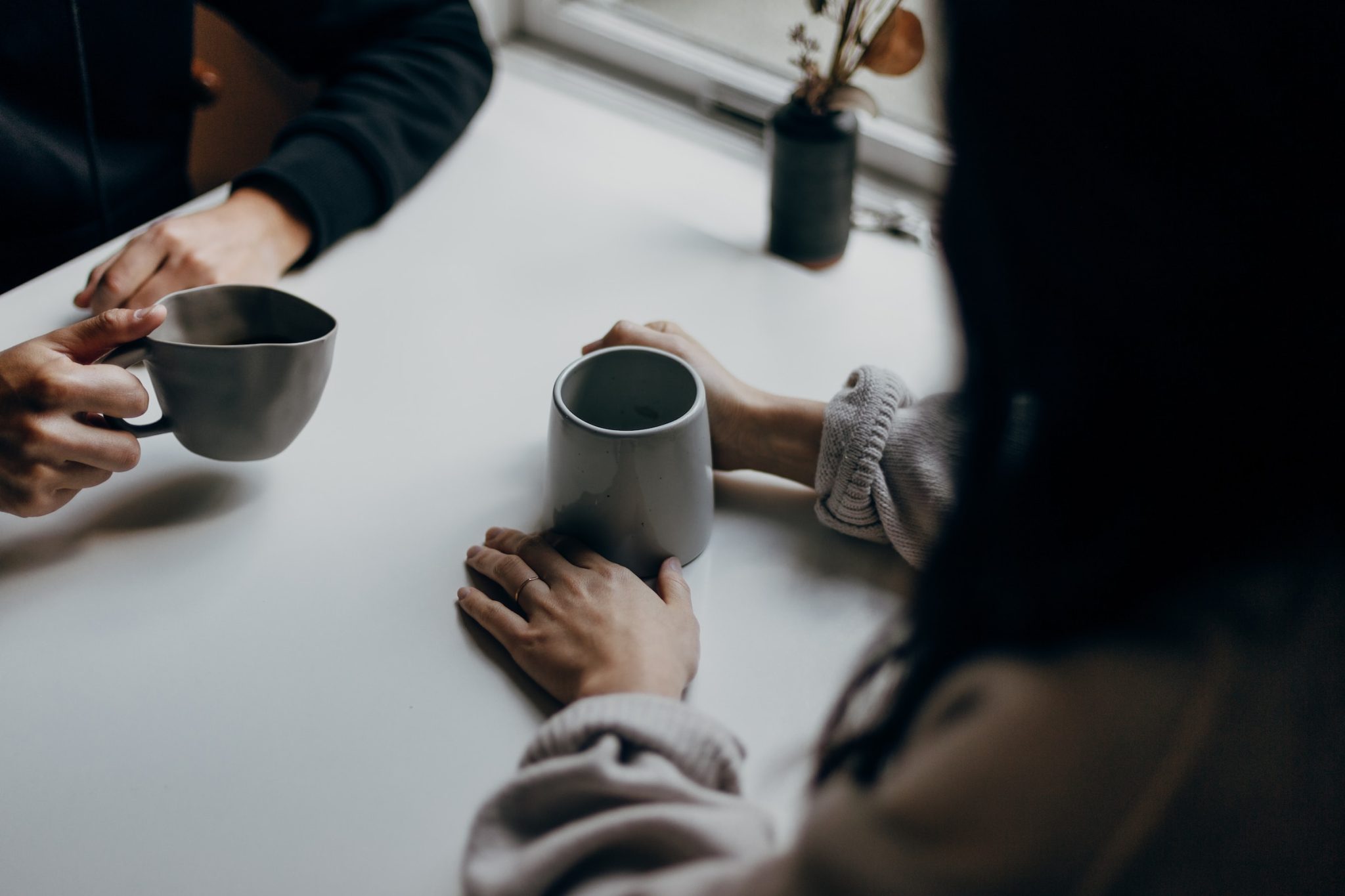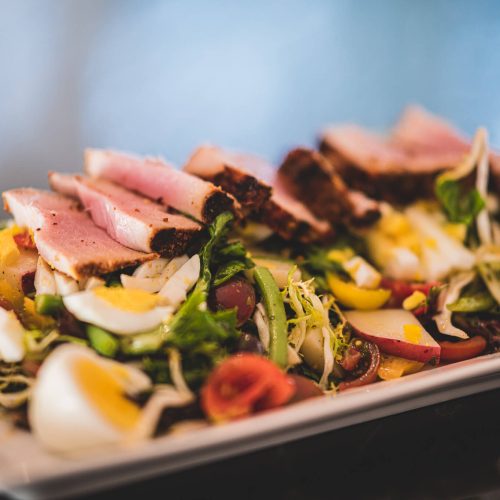You’ve probably heard the phrase: “The first step to getting help is admitting you have a problem.” And it’s true! If you’ve come to terms that you’re dealing with something, it’s time to seek assistance to get through it. This is especially important if you’re undergoing a mental health battle, like depression.

In today’s modern times, there’s more research done on mental health and a push to make society more understanding. That means there are more people out there who will be sympathetic to your situation. Doctors, family members, and coworkers can all have a better idea of how to help. So how do you get started seeking help from others? Keep reading for some ideas.
Table of Contents
Have a Support System
Around 280 million people around the world are affected by depression. That’s a large amount, which means you more than likely know someone you know who also suffers from the disorder. In other words, there are people out there who understand what you’re going through.
When you’re coping with something difficult, it’s a good idea to have a support system. This could involve a group of close friends or relatives who have your back. They’ll be people who genuinely care about you and want to help you through dark times. Voicing your true feelings is its own kind of therapy, and sharing this with those who’ll support you can be beneficial.
A quick note to mention — there’s a difference between acquaintances and true friends. With an acquaintance, you might hang out every once in a while. You’ll share some life updates, but you probably won’t pour out your soul to each other. On the other hand, a true friend will be somebody you open up to and ask for advice. It’s important to consider this difference when solidifying your support group. And remember, quality is more important than quantity when it comes to friendships.
Join a Group
In the modern world, there are more and more resources out there for just about anything. This is also true when it comes to mental health. Maybe you don’t have a good support system. Or, you just want to talk to people who are going through the same thing. This is where support groups can make a big difference.
You’ve probably heard of groups like Alcoholics Anonymous, or “AA.” This is a type of organization that allows people with the same struggles to get together. At these meetings, members share their struggles and encourage each other in their growth. Participants usually find connections with each other, creating lasting friendships.
According to the Mayo Clinic, attending these groups can have a positive impact on your life. Speaking with others can help you realize you’re not alone. They can also share coping strategies that you could try out for yourself. And talking about your struggles can help you find solutions.
If you’re a student, your campus is likely to have some sort of organization for this purpose. Some workplaces provide access to community support groups among coworkers. There are also many online communities designed to serve the same purpose as a face-to-face group. Checking your resources is a great start to finding others who understand what you’re dealing with.
See a Therapist
It’s also a great idea to seek professional guidance when it comes to getting help for your depression. Those who have studied mental health for years and understand it are highly qualified to assist you. Talking to a therapist is a positive step in your mental health journey that can reap significant benefits.
Therapists, or counselors, are out there with one main purpose in mind — helping others be the best version of themselves. With their clinical training, they know behaviors and thought processes to look for and point out. They can identify connections between events and moods, helping you realize the root of your feelings.
Additionally, there’s a nice level of anonymity when it comes to seeing a therapist. Sometimes it might feel embarrassing to share your deepest fears, secrets, and regrets with friends or family. You might worry they’ll judge you or look at you differently. Because of doctor-patient confidentiality, therapists legally can’t share your business with anyone unless they believe you might harm yourself or others.

Consider Medication
For generations, antidepressants have been given an unfortunate stereotype. People have claimed that taking these drugs is just a crutch. However, science is here to tell you that’s not the case. Sometimes therapy just isn’t enough if you’re going through an especially hard battle, and this is where medication can really help.
Taking mental health prescriptions is also more common than you might realize. Did you know that one in ten U.S. citizens are on antidepressants? So, if you think you’re alone in taking them — you’re not.
There are many kinds of antidepressants out there and varying levels of doses. Working with a medical professional — in-person or online —will help you figure out what’s best for you. It might take some time and adjustments, but it’s worth it.
Be Kind to Yourself
Remember through all of this that life is a journey, and it’s not always a happy one. But that doesn’t mean you shouldn’t try to find happiness. Overcoming mental health battles is hard, so be nice and encourage yourself. You are worthy of peace and love, and don’t forget it!
- About the Author
- Latest Posts
Whether she is researching the latest trends in home decor, life-changing destination getaways, or the best way to maintain your finances, Dewey takes pride in leaving no stone unturned. She is passionate about distilling and delivering high-quality information that you can use to upgrade your life.




